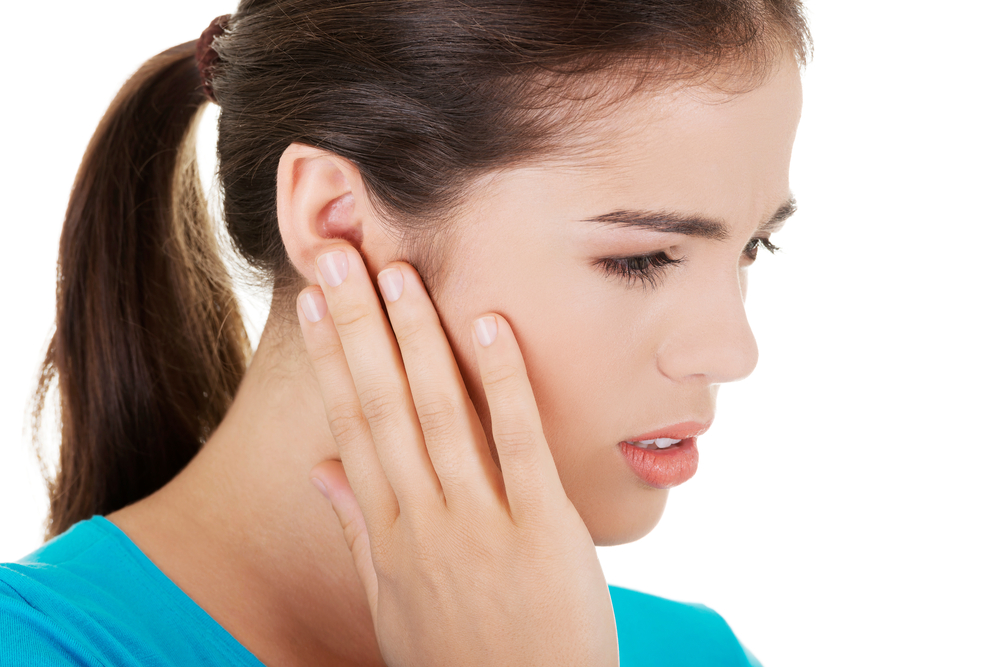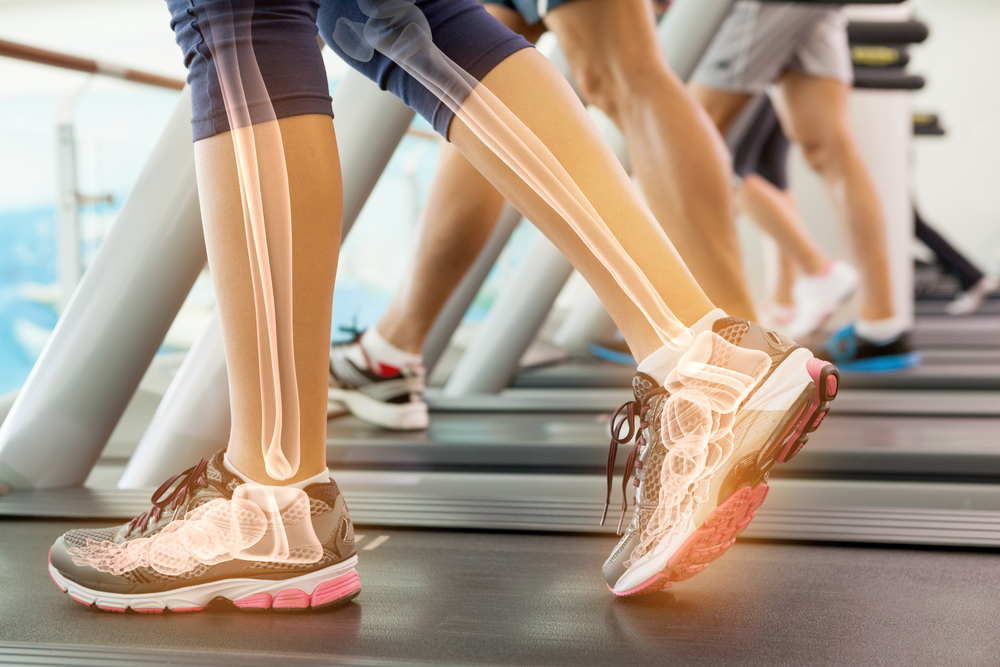Contents:
- Medical Video: 'Bigorexia': Muscle dysmorphia 'now affects one in 10 gym-going men' - BBC News
- Ideal body standards in the gym affect how you judge your own body
- What is bigorexia?
- Who is prone to experiencing bigorexia?
- What causes bigorexia?
- What are the symptoms of this disorder?
- How do you deal with bigorexia?
Medical Video: 'Bigorexia': Muscle dysmorphia 'now affects one in 10 gym-going men' - BBC News
Desire has ideal body shape not only possessed by Eve. For most men, the gym is like a second home to carve a sixpack stomach and form a chest for the sake of getting the ideal body shape. There is nothing wrong with exercising. But if this obsession continues to gnaw at the soul to the point of feeling that you will never be "manly" enough, you might want to consult a doctor about this. Because, excessive obsession with muscular muscular bodies can be a sign of bigorexia. Wow! What is that?
Ideal body standards in the gym affect how you judge your own body
Recognized or not, the reason for gymnastics for most men is more based on concerns about body fat and shame and guilt rather than the desire to live a healthy life. This phenomenon underlies a joint research team from the UK and Australia to observe a number of gym activists, and found that usually men who consider their bodies "fatty" (even after being examined, not) will be more frequent and long to exercise.
You continue to be surrounded by people who are more muscular than you while exercising in the gym. Not to mention overshadowed by a patch of encouraging posters from bodybuilders known for muscles sticking out here and there. When you are surrounded by a group of people who think that the ideal body type of a man is a muscular and muscular body, then over time you will start idolizing the same thing. Therefore, it is not surprising that in the future you will even think that your body which is currently "normal" is a body that is "fat and weak", not a body that is considered attractive.
Then it becomes embedded in the determination that, "I have to be lean and muscular just like them", which makes you even more excited exercise in the gym. But at the same time, the people who become your ideal body benchmark also continue to shape their muscles to be even bigger so that your standards are even higher to keep up with the changing currents. Without realizing it, this relentless effort to catch up makes you feel even more depressed and intimidated because you don't succeed in becoming the desired standard.
The illustration above is not an impossible thing in the real world. Continuous exposure to stereotypes of ideal body shape can make you continue to concern yourself with everything that happens to your body's appearance just to please others ("According to him, do I look handsome with a body like this?") Rather than making yourself comfortable (" Wow! The body feels easier to run out of exercise "). It is this anxiety that over time can have a negative impact on your mental health, and can end in bigorexia.
What is bigorexia?
Bigorexia or also known as muscle dysmorphia is actually still one family with body dysmorphic disorder, that is one type of mental disorder associated with a strong obsession with negative body image.
Bigorexia is an anxiety disorder characterized by obsessive thinking (incessant thinking and worrying) about physical 'disability' and bodily appearance, or focusing very much attention on certain body deficiencies. For example, the assumption that he is too thin and "soft" and not as bloated as other men you see on TV or in the gym.
Continuation anxiety then makes you constantly compare your physical with other people ("Why can't I ever be as happy as he is?"), Worried that your body is not "normal" or "perfect" in other people's eyes ("It looks like my gym efforts all fails, my body is not muscular at all! "), and spending a lot of time mirroring in front of a mirror stripping out body shape that you thought was never good enough.
This anxiety disorder can eventually cause you to justify a variety of ways to have a muscular body, such as an extreme diet (eg deliberately starving yourself, symptoms anorexia) or excessive exercise.
Who is prone to experiencing bigorexia?
Bigorexia is experienced by men of all ages, from young adults to those who are mature enough to middle age. According to Rob Wilson, head of the Body Dysmorphic Disorder Foundation, as reported BBC, 1 in 10 men who regularly gym shows the symptoms of bigorexic.
Unfortunately many men who experience this disorder or those closest to them are not aware of the symptoms. Because, the stereotype of "masculine, tall, handsome, and muscular man" that is still so firmly held by society coupled with the influence of social media, makes the scene "desperately gym" as a common thing.
Someone who experiences severe bigorexia can experience depression until even show suicidal behavior because they feel they have a dream body shape due to their "defective body".
What causes bigorexia?
The cause of bigorexia is unknown. However, certain biological and environmental factors can contribute to triggering symptoms, including genetic predispositions, neurobiological factors such as impaired serotonin function in the brain, personality traits, social media influences and family to friends, and cultural and life experiences.
Traumatic experiences or emotional conflicts during childhood and low levels of confidence can also increase your risk of developing bigorexia.
What are the symptoms of this disorder?
Signs or symptoms of bigorexia include an irresistible desire to exercise or go to the gym compulsively, often prioritizing exercise compared to their personal and social life, often mirroring looking at body shape, even misusing muscle supplements or using steroid injections, which can actually endanger health.
How do you deal with bigorexia?
Body dysmorphic disorder is often not realized by the owner of the body so they avoid talking about symptoms. But it is important to immediately consult a doctor as soon as you are aware of the initial symptoms, both for yourself and the people closest to you.
Your doctor can diagnose you from a medical history and physical examination or refer to an expert (psychiatrist, psychologist) for a better assessment. Cognitive behavioral therapy along with antidepressant drugs as clomipramine quite effective and most often used as a plan for treatment of bigorexia.












